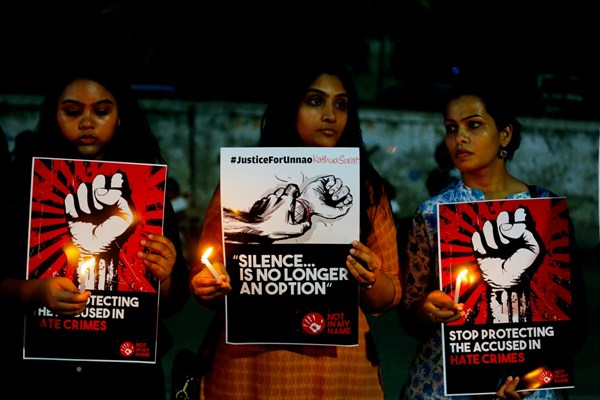MUMBAI, India—In December 2012, in a case that generated international headlines, a 23-year-old physical therapy student was gang-raped by six men on a bus in New Delhi. After 45 minutes of torture, the woman—dubbed Nirbhaya, or fearless, by the Indian press, which is prohibited by law from naming victims of sexual assault—was thrown off the bus. Found in critical condition, she died of her injuries in a Singapore hospital less than two weeks later.
The tragedy brought national and international attention to the issue of sexual violence in India. Following Nirbhaya’s death, then-Prime Minister Manmohan Singh declared, “While she may have lost her battle for life, it is up to us all to ensure that her death will not be in vain.” He hoped that “the entire political class and civil society will set aside narrow sectional interests and agenda to help us all reach the end that we all desire—making India a demonstrably better and safer place for women to live in.”
The case prompted enormous protests across the country. Millions mourned, and thousands took to the streets demanding justice for the victim, concrete reforms in the criminal justice system and strengthened legislation against sexual violence. In response, the government promised to bring about laws and steps that would ensure that “no other person, no other citizen of this country, has to go through or undergo the same kind of trauma” that Nirbhaya did, as then-Home Minister Sushilkumar Shinde put it.

